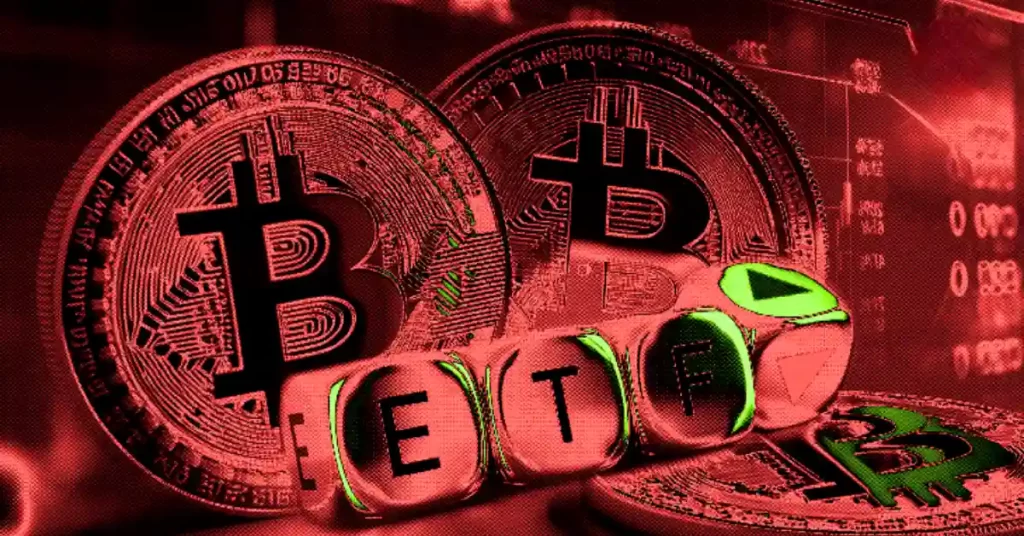Why Dubai Freezone Company Incorporation is a Game-Changer for Global Investors
Picture this: You’re a global entrepreneur, standing at the crossroads of opportunity, with a vision to scale your business across continents. Now imagine a place where you can own 100% of your company, pay no taxes, and operate from a futuristic hub that connects East and West.
Welcome to Dubai’s Freezones — a magnet for investors, startups, and corporations looking to ride the wave of global trade. With over 40 Freezones hosting more than 150,000 businesses, Dubai is not just a city; it’s a launchpad for dreams. Let’s explore why incorporating a company in a Dubai Freezone is a game-changer, with recent updates, clever analogies, and a glimpse into the future.
The Emotional Pull: Freedom and Opportunity
Starting a business can feel like setting sail in stormy seas — full of risks, bureaucracy, and uncertainty. But Dubai’s Freezones are like a safe harbor, designed to make your journey smooth and profitable.
The emotional weight of owning your business outright, without a local sponsor, is liberating. No corporate or personal income tax? That’s not just a…
محتوای پیشنهادی

Avalon Labs Accelerates AVL Coin Burn with Strategic Buyback

Pioneering Breakthrough: US and South Korea Forge Ahead on Digital Asset Policy
